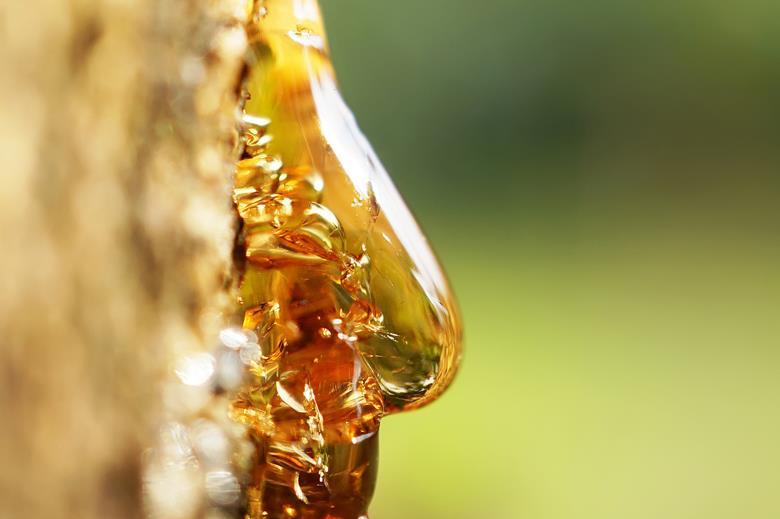Violin resin effective against deadly pathogens - even in dirty conditions

A form of resin used to treat violin strings could double as an effective disinfectant against some of the world’s most deadly diseases, a new study shows.
The discovery of the potential of rosin was made by scientists at Queen’s University Belfast and was published in the paper ‘Rosin as a Natural Alternative for the effective disinfection of ESKAPE Pathogens and Clostridioides difficile spores’, which appeared in the Journal of Applied Microbiology, an Applied Microbiology International publication.
“Our research has uncovered the potential of rosin, a natural resin, as a highly effective disinfectant against the ESKAPE pathogens and Clostridioides difficile. Rosin is a promising alternative to current disinfectant methods, and a pioneering step in safeguarding healthcare,” said corresponding author Dr Thomas Thompson.
Antibiotic-resistant bacteria
The team are tackling the global critical challenge of healthcare-acquired infections caused by antibiotic-resistant bacteria, he said.
“With the limited efficacy of existing disinfectants against antibiotic-resistant organisms, our goal was to discover more effective disinfection methods to combat the escalating morbidity in hospital environments. This isn’t just a scientific victory; it’s a societal lifeline. Rosin’s ability to cleanse where others fail could redefine disinfectant in key clinical environments.”
The team evaluated the effectiveness of rosin and its derivative, Rosetax-21, against the ESKAPE pathogens and C. difficile spores. The study involved testing these substances under different conditions, including the presence of organic matter that usually hinders disinfection.
Highly effective
They found that rosin, particularly in combination with glutaraldehyde, possessed highly effective bactericidal and sporicidal properties, even in the presence of organic matter.
A particular surprise was the discovery of the heightened efficacy of rosin in dirty conditions, said Dr Thompson, adding: “It’s counterintuitive to the performance of typical disinfectants whose effectiveness usually decreases with organic contamination. This defiance of conventional disinfectant weakness could be a game-changer in infection control.”
This breakthrough has significant implications for infection control in healthcare, offering an effective solution to disinfect areas heavily burdened with organic matter and providing a new weapon against drug-resistant infections.
Probing the mechanism
“Future research should focus on understanding the mechanisms behind rosin’s increased efficacy in the presence of organic material and developing optimised formulations for use in medical and other settings,” Dr Thompson said.
The study was led by Dr Thomas Thompson and Dr Stephen Bell, with the support of Professor John McGrath at Queen’s University Belfast, in collaboration with Finnish companies Forchem and Hankkija specialising in rosin products.
’Rosin as a Natural Alternative for the effective disinfection of ESKAPE Pathogens and Clostridioides difficile spores’ appears in the Journal of Applied Microbiology.
